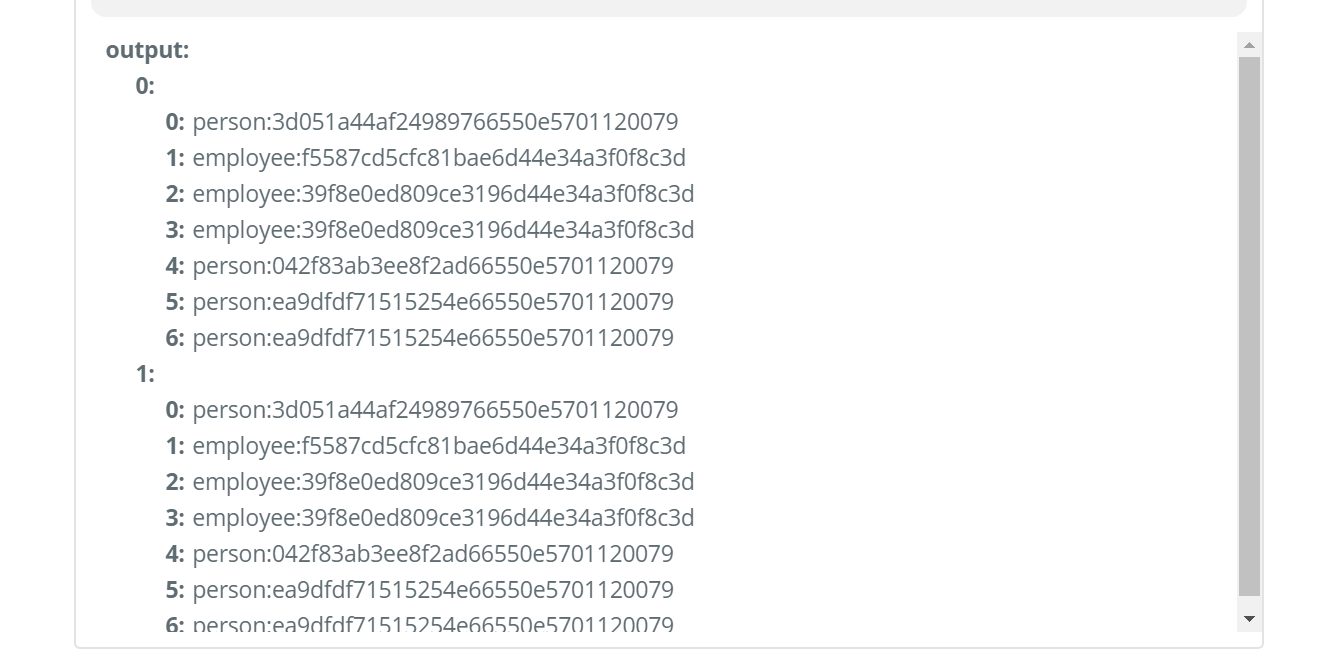@Jobv
Sadly my code was pretty specific to my use case. Given that I don’t know your use case, I was hoping the above might point you in the right direction, specifically with the concept highlighted here:
if (columns[i].ColumnValue.length < 1) {
columns[i].ColumnValue = 'n/a';
The idea is that you loop through the response, and give some kind of values to the nulls - So in this case, if a value is less than 1 character long, give it a value “n/a”
To subsequently answer your next question - I honestly don’t know - Code steps are advanced actions, and unless I can see what you’re doing, the data/schema you are working with and the desired output, it’s not something that I’d be able to answer on the forum. I’d be happy to schedule a call with you separately if you PM me - Or I would recommend contacting an expert from the expert directory?
https://zapier.com/experts/









